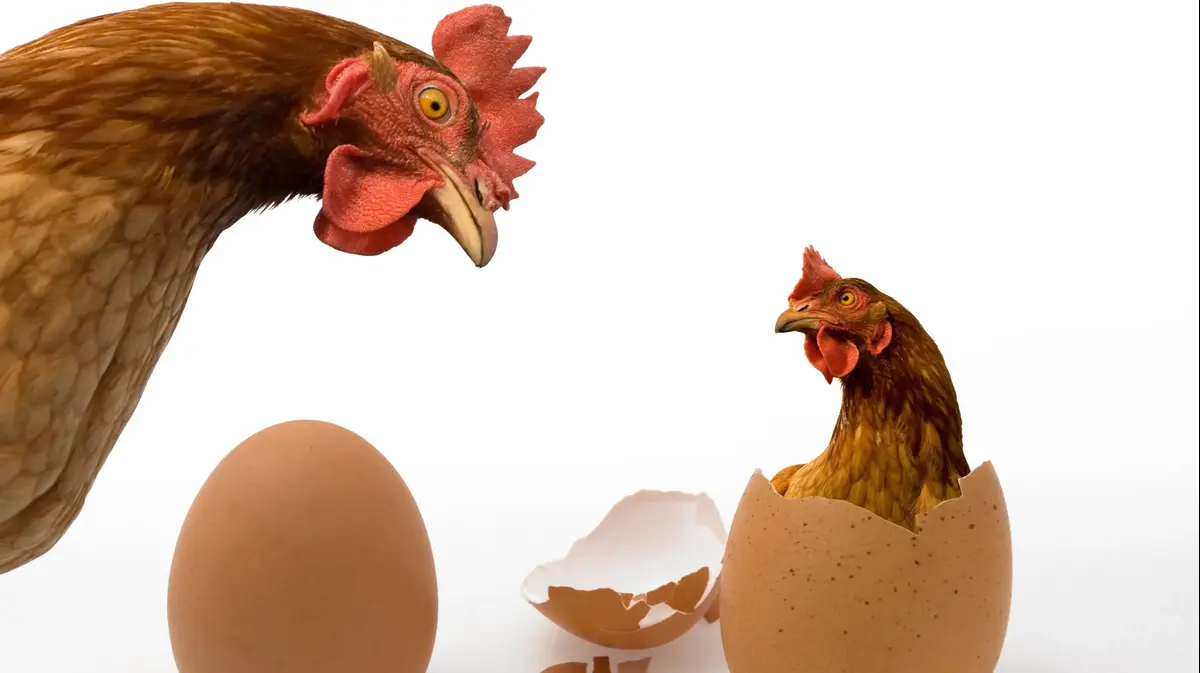In the video: Michel Jamal talks about the increase in falafel prices due to the increase in raw materials (Photo: Yoav Itiel)
"How, how much and why the hell is it so expensive??? And expensive!!!"
Asaf Britt has been spending the last few days on social media and on the "Ha-Hatah" cafe he owns, in what has quickly become the most interesting network series on our screens, and certainly the most relevant to our lives.
It started, as these things usually do, with the need to respond, to align, to explain.
It also started as a somewhat desperate attempt to deal with the murky waves that are Israeli public opinion these days.
"I want to make it accessible, to explain my world and the world of restaurants, to fight our bad public relations and our perception as usurpers and robbers," he said, "I can understand why the businesses raised prices, but I advocate fairness, and it is important to me that the customer who sits here leaves feeling that he has received value , and that he was not robbed."
"Diary of a restaurateur".
Britt's post
Britt's first post was about managing his workforce, going down to resolutions that are mostly known to professionals, managers and owners.
From there, he quickly moved on to the most burning issue on the local agenda - the cost of living.
And in less eloquent words - why exactly does my reverse suddenly cost 14 shekels?
"I'll start from the end, we're a business," he explained, "in the end we have no right to exist if we're not profitable, can't pay salaries or rent, if we can't pay suppliers. And God forbid - we have no right to exist if we, the owner, have no profit At the end of the month. So how do you price a dish? Why does a small turnip cost 14 shekels, why should a vegetable salad with tahini cost 50 shekels and more without bread on the side?"
"silent launch"
The newest, tastiest and most justified queue in Jerusalem
To the full article
What is left at the end?
the bottom
View this post on Instagram
A post shared by cafe bottom (@cafetachtit)
Britt detailed the three main expenses of the business - employees ("You have no right to exist if after a week that is a bit weak because there was unusual weather, or because Argentina was playing, you rush to reduce personnel") or "Labor Cost" which must not exceed 35% of total revenues , because "every percentage above most likely the month was a loss," suppliers, or "Food Cost ("the aspiration is to be around 32-38%) and fixed expenses (rent, property tax, chair and table levy, curtain levy, electricity, water, communication, accounting, insurance), which will aspire to be 12 percent of total revenues.
"So in a utopian world, what do we have left?", he wondered, "Let's calculate: personnel 35% + food cost 35% + regularity 12% (I wish.. maybe in a new business with low rent...) = 82%. Amazing!! !
" But all this refers to routine costs.
They do not include the oven that broke down, the grill that has passed its time (18 thousand before VAT, damn it, that's what I paid just today for a new grill),
"Did we forget something? Shit, we have a partner. A partner who is not listed in any corporate document. Who is not authorized to sign. A very quiet but very central partner. His name is the State of Israel. And his representative is the Tax Authority. So for all this good our silent partner takes 23% About the profit and if God forbid we also want to use this money we earned on a personal level, we will have to part with another 30%.
"So what is left in the end for a business that is run well and maintains profitability?
7-8% net!!!".
Let it be transparent, let it be outside.
Britt and his son (photo: courtesy of those photographed)
From there, Britt got down to pricing the food, "and first and foremost remember that this dish has to eventually cover all these costs of the business, because I consider that the product I sell is my right to exist in keeping my business financially."
According to him, "The profitability of each product is different. Fish, for example, cost a lot of money today. A cafe whose average price per meat dish is 62 shekels cannot keep a dish at 80 and up, which is the price I would have to charge for a dish of fresh fish if I were to serve it. So
I
choose and prefer not to have it on the menu. And still a portion of meat costs more than a portion of vegetables, alcohol costs more than coffee or soda.
or how much is wasted without payment) should reach a minimum basic pricing of 4 times. A dish costs NIS 10 according to the cost of the raw materials?
The minimum pricing per customer is 40".
Not just the taste and quantity.
The bottom team
View this post on Instagram
A post shared by cafe bottom (@cafetachtit)
Britt listed the exceptions - "Breakfast here costs 72 shekels, which is not cheap, but it is very far from being a factor of 4. It costs me much more than 18 shekels. So why don't I raise the price? Boom.
"Yes, yes, for the market and the environment there is influence.
If the average price of breakfast in the city is around 60-80, I can't demand 100 for it. Like, I can, but then you will choose and rightfully not to buy.
This is the positive side of market power.
A small coffee for 14 shekels, God forbid... I can only ask for this amount because the standard in the city is such, but in the end one thing makes up for another, and the possibility of pricing a coffee at 14 allows me to 'lose' in other places."
Either way, he concluded, "the most important thing is to give the customer the feeling that he got value for the price. The value consists of many layers and not just the taste and quantity. The service has weight. The appearance of the place has weight. The cleanliness of the place has weight. Many things have weight in the final feeling of the customer . And in the end that's the only test. A customer comes back or doesn't come back. So come on, don't you dare not come back..."
"Everything is positive"
As expected, things caused a great stir.
Unexpectedly, this storm was matter-of-fact, as Britt defined it.
"I deal with it quite a bit, trying to reflect our reality and I like this transparency. I put it out there, and I received in return things that are said in a true and honest way. People feel that this is not a reproach, so discussions are created and there is criticism, but everything is positive."
According to him, "My partner and I go out to restaurants and can't believe it's the bill. Not long ago I was charged NIS 236 per serving for whiskey, and not a single waiter bothered to tell me that was the price. So in every field there are scoundrels, true, but I mostly know amazing people - on a human level and The professional, people who commit suicide over their business."
He plans to deepen the exposure and reveal other sides of "the bottom", until then he insisted that he "doesn't aim anywhere, but just wants to share and tell and give my story - from my point of view only. If this thing succeeds in creating some kind of real discourse, and getting out of the shallows of the talkbacks - I won. The sword is easy in the hand, but in the end no one cheats or steals. We are fighting, and it is important that this thing be transparent and out there."
Food
The food news
Tags
coffee shop
restaurants
Cost of living
price increase













